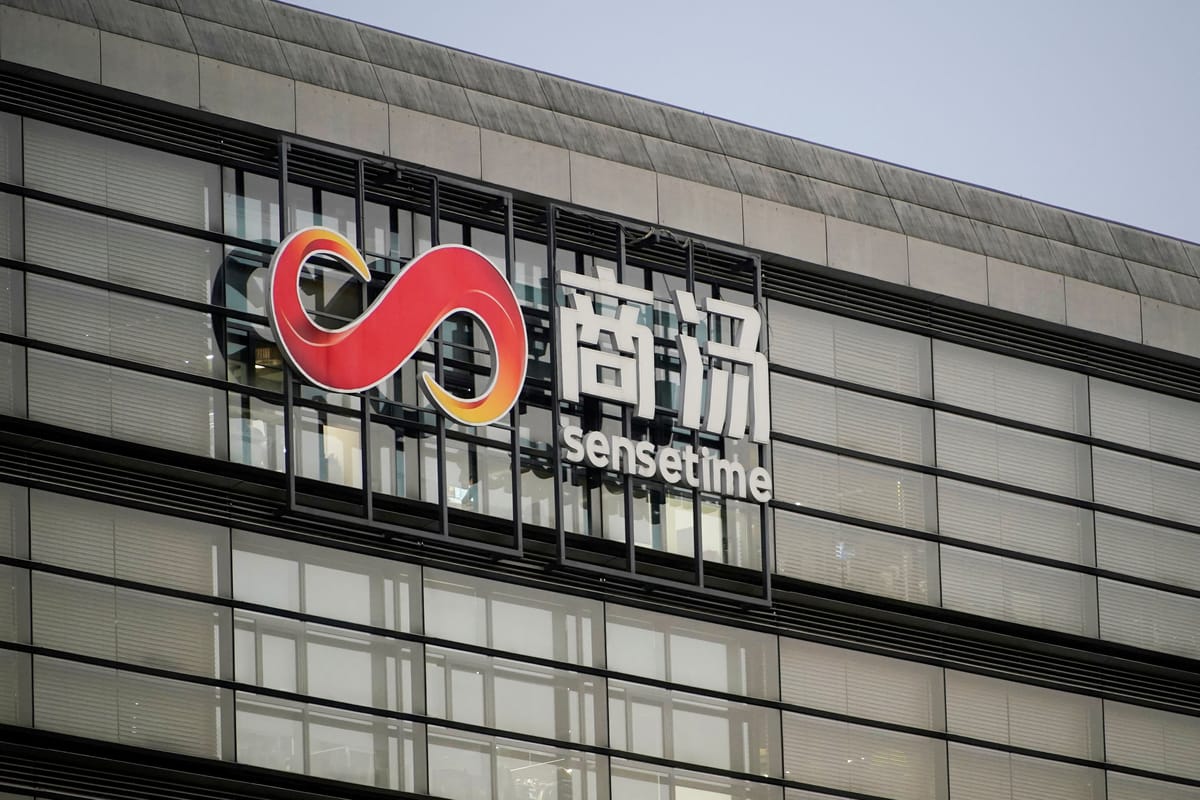What does the future look like for Chinese AI firm SenseTime in the wake of its co-founder's death?
On Saturday, SenseTime announced that its co-founder Tang Xiao'ou had suddenly passed away at 55 due to an untreatable illness.

A few minutes every morning is all you need.
Stay up to date on the world's Headlines and Human Stories. It's fun, it's factual, it's fluff-free.
The backstory: Founded in 2014, Chinese firm SenseTime is a big player in the artificial intelligence (AI) software field. Specializing in face and image analysis, the company collaborates globally with law enforcement, retailers and health care researchers. Tang Xiao'ou, born in 1968 and an MIT alumni, was one of SenseTime's co-founders and was considered a pioneer in China’s AI sector. The company, earlier backed by Alibaba, made a highly anticipated debut on the Hong Kong stock exchange in 2021. Its Hong Kong initial public offering (IPO) raised HK$5.78 billion (US$740 million). Tang, holding a 21% stake according to the company’s 2022 report, was last worth US$1.1 billion on the Bloomberg Billionaires Index.
SenseTime hit a bit of a speed bump in 2019 when the US government hit it with sanctions, limiting its access to capital and American technology. On top of that, more challenges came with the US’s recent restrictions on selling high-tech chips to Chinese companies. And the firm’s growth has slowed down since industry competition has started ramping up. But earlier this month, insiders were reporting that the company was floating the idea of carving out its autonomous driving and health care units for separate fundraising and expansion.
The development: On Saturday, SenseTime announced that its co-founder Tang had suddenly passed away at 55 due to an untreatable illness. With his 21% ownership in the company, investors got a bit worried by the news, and SenseTime's stock dropped by over 10% in Hong Kong on Monday. The company said Tang's passing wouldn't cause big disruptions, but there were concerns about how it could affect the company considering he owned a big chunk of it.
SenseTime has said that Tang's shares would change from Class A to Class B, affecting about 6.9 billion shares. The company assured everyone that it would continue operating as usual under CEO Xu Li and executive directors Wang Xiaogang and Xu Bing. SenseTime also reassured stakeholders that Tang's spirit and achievements would last. A voluntary lock-up agreement for Tang's shares is in place until December 2024.
Key comments:
"It is with a very heavy heart that we announce the sad news that our beloved founder, Tang Xiao’ou ... succumbed to an illness and left us forever at 11:45pm on December 15, 2023," said SenseTime in a post on its official WeChat account.
“The passing of Prof. Tang is not expected to have a material adverse impact on the daily management and the ordinary business activities of the company. The company will strive to maintain the stable development of its business, management and operational activities,” said SenseTime in a statement on Monday.
"The directors and all employees of the company are committed to completing his mission, never forgetting the company's original aspiration and forging ahead," SenseTime said.
“The direct reason (for the stock slump) is the sudden death of the co-founder,” said Willer Chen, a senior analyst at Forsyth Barr Asia. “The voting power of other co-founders and directors may change accordingly. So for sure that could affect the business.”




Comments ()